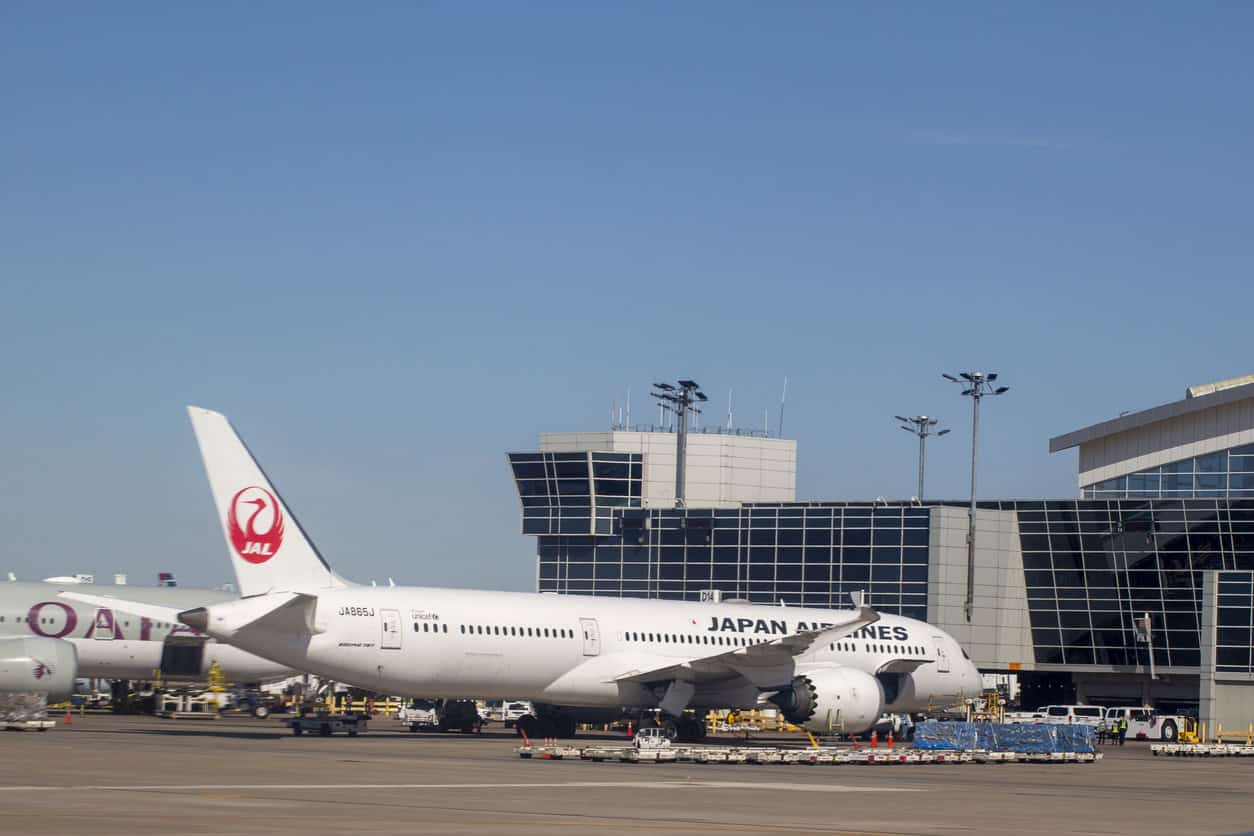The British Council has warned that Japan’s “lacklustre” growth in outbound travel is having an impact on young people and could affect the future “strength and competitiveness of the country”.
Drawing on recent data showing the decline in Japanese overseas travel and a 2018 survey in which 53% of young people in Japan said they “did not want to study abroad”, the British Council has recommended ways that UK universities can encourage Japanese student mobility.
While acknowledging high costs and English-language proficiency as potential barriers, Japanese stakeholders have stressed that travel abroad must not be conflated with study abroad, which recovered to 83% of pre-Covid levels in 2023.
“The recent sharp rise in the cost of studying abroad due to the to the depreciation of the yen and inflation in host countries is a headwind for those who wish to study abroad, but students who really want to study abroad are not abandoning the idea.
“[They] are changing destinations to less expensive cities or Asia, shortening their study period, and devising other ways to study abroad,” Tatsuhiko Hoshino, JAOS executive secretary, told The PIE News.
While Japanese overseas travel remained at 60% of pre-Covid levels in 2023, JAOS data revealed the number of students studying abroad was up 218% on the previous year, partly due to increased government subsidies for universities and schools sponsoring study abroad programs.
Students who really want to study abroad are not abandoning the idea
Tatsuhiko Hoshino, JAOS
Last year, former Prime Minister Fumio Kishida announced ambitious new internationalisation targets to send 500,000 Japanese students abroad by 2033, declaring that study abroad was “the key to transforming society”.
Growing interest in the Philippines, Malaysia, Singapore, Taiwan and Korea has driven recent growth, with students favouring more affordable options that are closer to home.
Last year, the number of Japanese students studying abroad doubled to 66,007, though education experts warn that there is still a long way to go.
“Simply increasing the number of scholarships and events such as study abroad fairs would not accomplish [Kishida’s] ambitious goal,” remarked Hoshino, highlighting the need for further encouragement from universities and schools.
In a survey conducted by Japan’s Ministry of Education (MEXT), students identified financial reasons, lack of language skills and not wanting to repeat a year or take a leave of absence from their original university as the main barriers to studying abroad, according to Yuji Kikuchi, deputy director of MEXT’s international affairs division.
To combat this, Hoshido suggested that “detailed measures should be taken to change English education, such as making IELTS and TOEFL the English part of Japan’s university entrance examinations”.
“I believe that we should create more environments where students can feel closer to studying abroad from the time they are in junior high school or high school,” he added, recommending nationwide events for Japanese students to connect online with study abroad alumni.
The UK’s higher English language requirement was identified as a particular “deterrent” for Japanese students, with the British Council recommending that institutions include pre-sessional English courses for those with lower competency as part of study abroad exchange programs.
“Raising the number of international university partnerships at which the fees for Japanese students on student exchange programs can be waived” was identified as another way to encourage mobility.
Detailed measures should be taken to change English education, such as making IELTS and TOEFL the English part of Japan’s university entrance examinations
Tatsuhiko Hoshino, JAOS
In 2019, overseas travel exceeded 20 million for the first time, but the passport ownership rate dropped from 24% in 2019 to 17% in 2023, causing increased scrutiny on study abroad.
“With the world’s environment changing dramatically and travellers’ attitudes evolving, I don’t think we can make a comeback by continuing as we have been. Overseas travel needs to be remade,” said Hiroyuki Takahashi, Japan Association of Travel Agents chairman, at a conference on September 26.
Takahashi has proposed offering free passports to 18 year olds or to provide passports to students after finishing junior high school to boost the number of schools organising overseas travel.
#Japanese #study #endures #declining #overseas #travel










